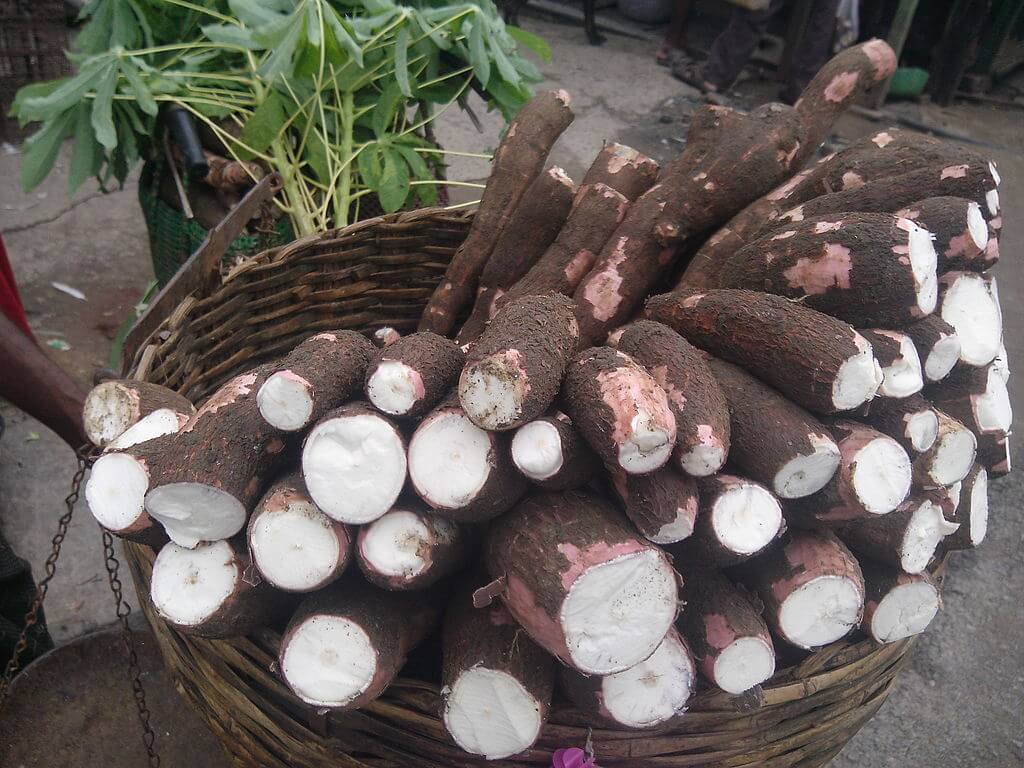
The need to improve household food security has been identified as a major motivator behind farmers’ adoption of climate-Smart Agriculture in Ghana.
That is one of the results of a research by the Environmental Science Department of the Kwame Nkrumah University of Science and Technology.
The research sought to understand the motivation behind adoption of climate-Smart Agricultural practices by small-holder farmers in the transitional and Savannah agro ecological zones of Northern Ghana.
The researchers collected data involving 1,061 households from October 2020 to October 2021.
“We collected data using a mixed method approach in October to December 2020, February to March, and August to October 2021.
“The households were in nine communities selected from the Kintampo South District, Savelugu District and the Lambussie-Karni district,” lead researcher, Prof. Phillip Antwi-Agyei stated.
The scientists again found other motivating factors such as reducing pests and diseases, increasing yields and farm income, controlling erosion and protecting soil.
Additional factors include, avoiding the effects of droughts on farming, maintaining soil moisture and avoiding the effects of high temperatures on farming.
These findings were made known at a workshop on climate-smart Agriculture and climate information for resilient food systems in Kumasi.
The workshop aimed at assessing how climate-smart agriculture and climate information can be mainstreamed to strengthen the resilience of agricultural systems in Ghana.
Prof. Philip Antwi-Agyei therefore wants the design of Climate-Smart Agricultural practices to be closely linked to the improvement of household food security and overall farm yield and income.
He again encouraged policy makers to urge smallholder farmers to employ various traditional practices and biodiversity-friendly agriculture.
The research was supported by the Future Leaders-African Independent Research (FLAIR) Fellowship funded by the Royal Society, London and the University of York through the GCRF & Newton Fund Consolidation Award.
DISCLAIMER: The Views, Comments, Opinions, Contributions and Statements made by Readers and Contributors on this platform do not necessarily represent the views or policy of Multimedia Group Limited.
DISCLAIMER: The Views, Comments, Opinions, Contributions and Statements made by Readers and Contributors on this platform do not necessarily represent the views or policy of Multimedia Group Limited.
Source:
www.myjoyonline.com
Source link

